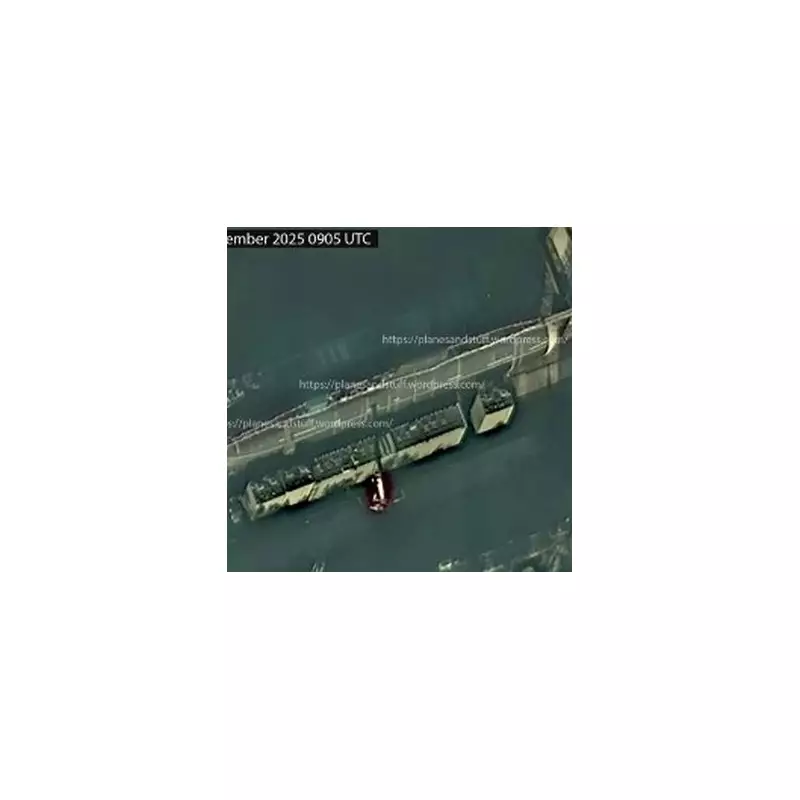
Startling new satellite imagery has laid bare the dramatic redeployment of Vladimir Putin's prized Black Sea Fleet, exposing how Ukrainian naval drone attacks have forced Russian warships to abandon their strategic Crimean stronghold.
The intelligence photographs, captured in recent days, show Sevastopol's once-crowded naval bases appearing increasingly deserted as Moscow scrambles to protect its remaining vessels from Ukraine's innovative sea drone technology.
Naval Exodus from Crimea
Military analysts examining the images confirm a significant reduction in Russian naval presence at the key Sevastopol port, with multiple warships conspicuously absent from their usual moorings. The relocation comes after a series of successful Ukrainian strikes using unmanned surface vehicles that have systematically targeted Russia's Black Sea capabilities.
This strategic withdrawal represents a major embarrassment for the Kremlin, which has long touted Crimea as an impenetrable fortress following its illegal annexation in 2014. The peninsula's naval facilities were considered crucial for projecting Russian power across the Black Sea region and supporting military operations in southern Ukraine.
Ukraine's Drone Warfare Success
Ukrainian forces have demonstrated remarkable ingenuity in developing naval drones capable of striking Russian vessels hundreds of miles from shore. These unmanned vehicles have proven devastatingly effective, sinking several important Russian ships including the Sergei Kotov patrol ship and damaging numerous others.
The success of these attacks has forced Moscow to reconsider its entire Black Sea strategy, with satellite evidence now confirming that Russia is moving its valuable naval assets to supposedly safer locations along the Russian coast.
Strategic Implications
This naval retreat carries significant military consequences:
- Reduced Russian ability to enforce its Black Sea blockade
- Enhanced Ukrainian grain export security
- Limited Russian coastal defense capabilities
- Psychological victory for Ukraine's naval forces
Western intelligence officials suggest the relocation indicates serious concerns within the Russian command about the vulnerability of their Crimean naval infrastructure. The move potentially weakens Russia's operational control over northwestern Black Sea waters.
International Response
NATO officials have been closely monitoring the situation, with alliance sources describing the Ukrainian naval drone campaign as one of the most successful asymmetric warfare operations in recent naval history. The success has prompted other nations to reconsider their own naval defense strategies in an era of increasingly accessible drone technology.
As the Black Sea chess game continues, military analysts warn that Russia will likely attempt to develop countermeasures against Ukraine's drone threat while seeking alternative basing solutions that maintain their regional naval presence.





